When looking for funding for your small business, it’s worth seeing what your current bank has to offer. Having an established relationship with a bank or credit union can often increase the likelihood of getting your business loan approved, especially if you have maintained good standing with another type of financing with them.
One benefit to sticking with your current bank is that you can access all of your accounts, like your bank account and loans, with one login, making it easier to stay on top of payments and track your finances.
Start by getting a quote with estimated interest rates, terms and fees. Some banks and credit unions might run a hard credit check. But don’t worry, you generally have around 14 to 45 days to get quotes from additional lenders without any further impact to your credit score — multiple credit checks for the same type of financing are generally counted as one inquiry so you can rate shop. This means you can get a quote from your bank and from a variety of online lenders to compare interest rates and see if sticking with your bank is the best option.
Banks that offer small business loans
Banks that offer business loans include:
- Chase
- Wells Fargo
- U.S. Bank
- Capital One
- Bank of America
- American Express
Bank of America offers additional perks for business customers, such as business loan rate discounts, free business credit score monitoring and tips on cash flow strategies. And if you have an active American Express credit card, you can log into your account to see if you’re eligible for an American Express Business Line of Credit pre-approval offer.
Small business loan application checklist
Applying for a small business loan involves rounding up necessary documents for your loan application. The exact paperwork differs across business funding partners, but here are some documents you might need to provide:

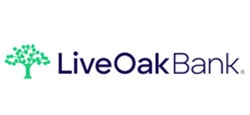
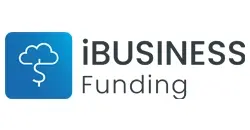



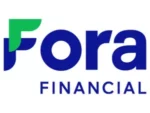

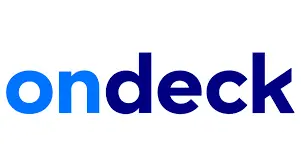








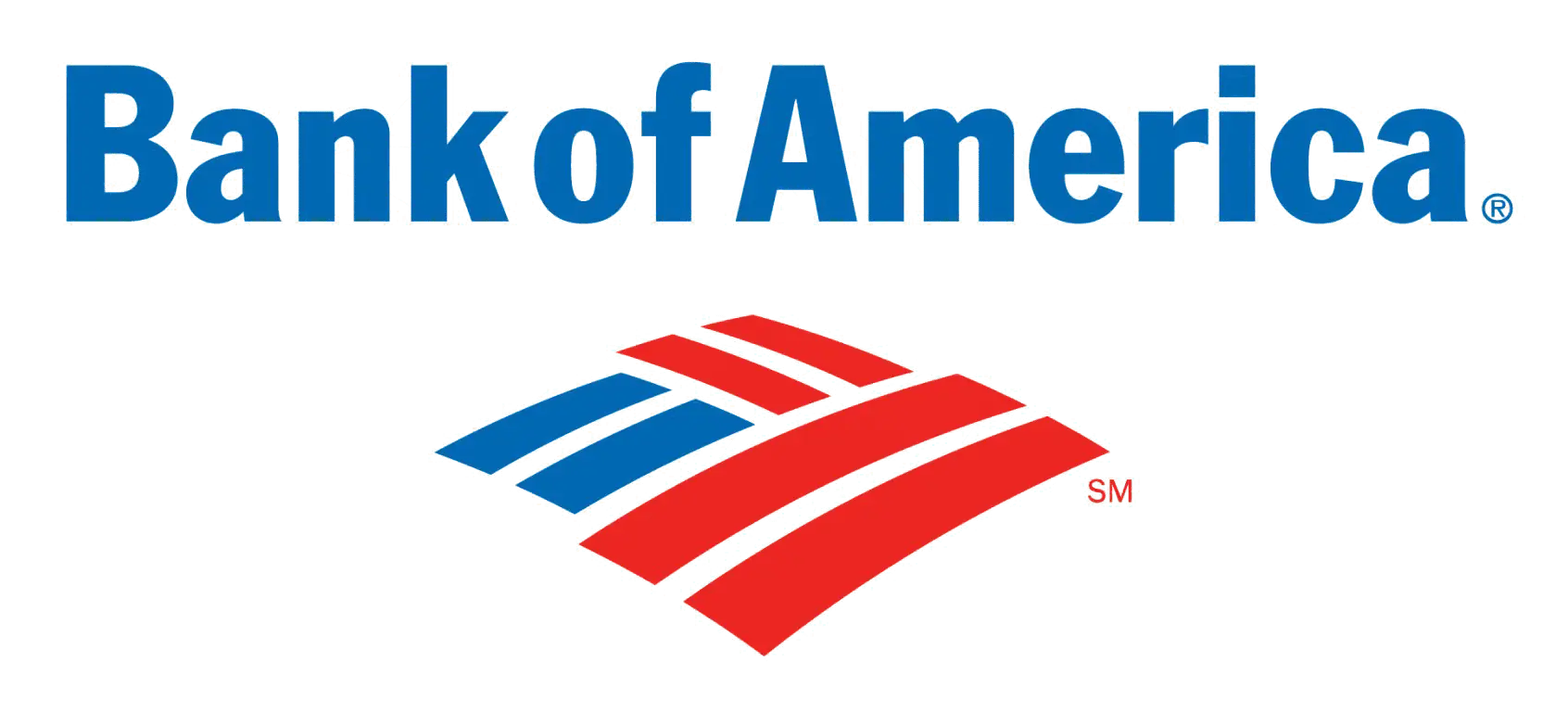

 Before closing your loan
Before closing your loan